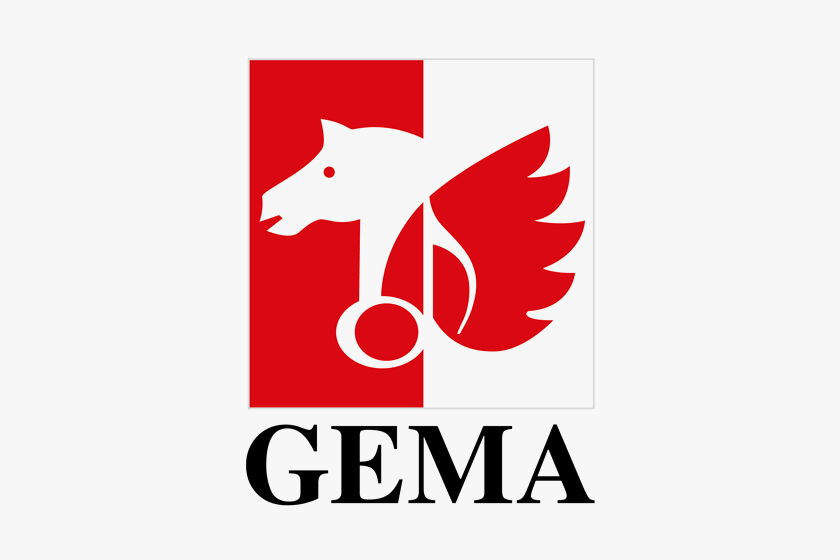GEMA press release: Higher Regional Court Munich (OLG) Decides: Licensing Duties lie with the Uploaders, not YouTube

The Higher Regional Court Munich (OLG) decided yesterday that YouTube and its service cannot be called to account for any copyright infringements. Instead, the judges found that the sole responsibility lies with individual uploaders, even though YouTube generates substantial economic profits by making the videos available. Based on this decision, YouTube is presently not held financially accountable within the current legal framework when works protected by copyright are used on the platform.
On 28 January 2016, the Higher Regional Court Munich (OLG) pronounced the decision regarding the claim for damages against YouTube (file number 29 U 2798/15). This was another instance where the judges could not bring themselves to recognise YouTube as a copyright infringer and subsequently hold it accountable for payment of an adequate remuneration for authors. "Today's decision is most regrettable. The court has obviously followed YouTube's argumentation that it is only the uploaders who are responsible for the contents that are retrievable via the service", comments Dr Tobias Holzmüller, General Counsel at GEMA, on the decision: "We consider this to be wrong. Furthermore, the decision is not justified from an economic perspective, as it continues to enable YouTube to generate high advertising revenues without passing them on to musical authors."
The background to the legal dispute is GEMA's demand for an adequate payment to musical authors for the use of their repertoire protected by copyright via YouTube's platform. YouTube has not paid GEMA any licence fees for the use of music on its video platform to date, even though it generates substantial advertising revenues with the music.
Thomas Theune, Director of Broadcasting and Online at GEMA, adds:
In our opinion, YouTube exploits works retrievable via the service. This type of exploitation is subject to licence fee payments. YouTube is not only a technical service provider, it actually conducts itself like a music service. As a consequence, YouTube should, just like a music service, obtain licences and not pass the responsibility on to the uploaders".
The OLG decision is not yet legally binding. The right to appeal was expressly granted. Holzmüller explains the next steps as follows: "We shall study the reasons for the decision and then probably launch an appeal".
The unfair allocation of value created in the digital economy has been a problem for authors for many years. Creative content has led to substantial income being generated in the online sector.
To date, it has been mainly platform operators such as YouTube that have gained an economic benefit by shirking their responsibilities to pay authors adequately, referring to their privileged position as to liability. It is thus time that authors finally get their fair share of the value created in the digital economy.
Further details as well as background information on the controversy between GEMA and YouTube are available on www.gema.de/en/aktuelles/youtube/
GEMA represents the copyright of more than 70,000 members (composers, lyricists and music publishers) in Germany, and more than two million copyright owners globally. It is one of the largest societies for authors of musical works in the world.
